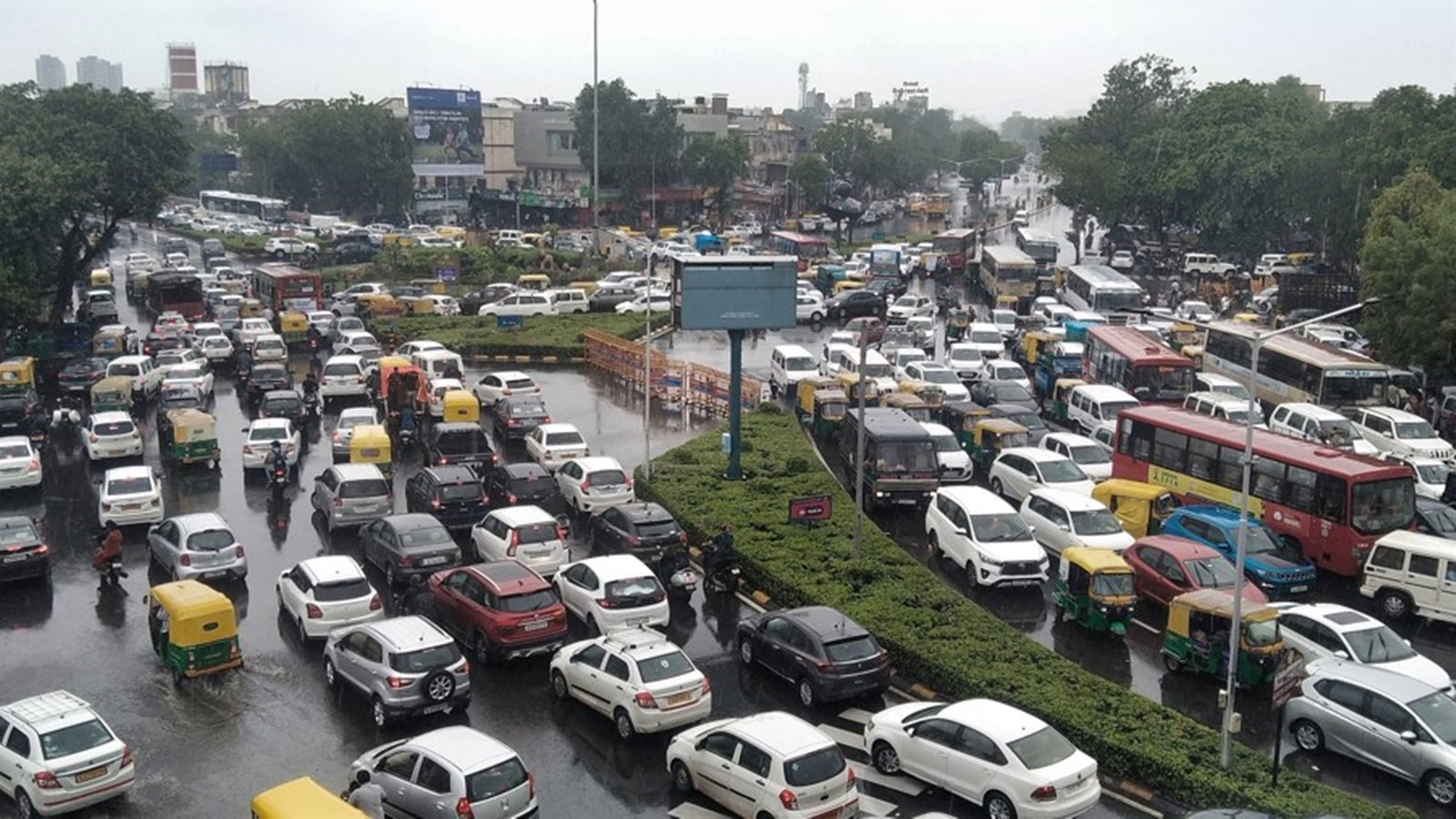Ahmedabad’s ambitious Ranip road expansion project, intended to tackle rising vehicular congestion, has hit a significant roadblock due to objections raised by the Sabarmati jail authorities. The proposed flyover near the Chimanbhai Patel Bridge, vital for easing traffic from RTO Circle to Chandkheda, faces delays caused by land disputes and security concerns. With traffic expected to escalate owing to developments like the Sabarmati railway station, the bullet train project, and upcoming Olympic events, the delays are raising alarms among civic planners.
The flyover project, approved in 2014, included a 24-metre-wide road over the Chandrabhaga canal, connecting Prabodh Raval Bridge in Ranip to the Sabarmati area. Notices were issued to landowners in the path of the proposed road, with land compensation offered. However, the Sabarmati jail authorities flagged security risks due to the road’s proximity to restricted jail premises. Despite several meetings between municipal officials and jail authorities, no resolution has been reached. The Ahmedabad Municipal Corporation (AMC) has since allocated Rs 200 crore to fill the canal, with Rs 151 crore already tendered, signalling partial progress amid uncertainty.
From a sustainability perspective, this delay underscores the need for holistic urban planning. By filling the Chandrabhaga canal, the project repurposes unused resources while addressing urban mobility demands. However, unresolved disputes threaten to undermine the sustainability potential by prolonging congestion, increasing vehicular emissions, and compromising long-term urban development goals. Efficient dispute resolution mechanisms could significantly bolster the city’s sustainability aspirations.
Civic experts have also expressed concerns over delayed infrastructure projects derailing Ahmedabad’s urban expansion plans. With the Gandhi Ashram project already connecting parts of the city through sustainable development, the Ranip road project could complement these efforts. However, civic authorities must prioritise resolving disputes with stakeholders to ensure that Ahmedabad’s urban infrastructure evolves in harmony with its growing population and environmental considerations.


